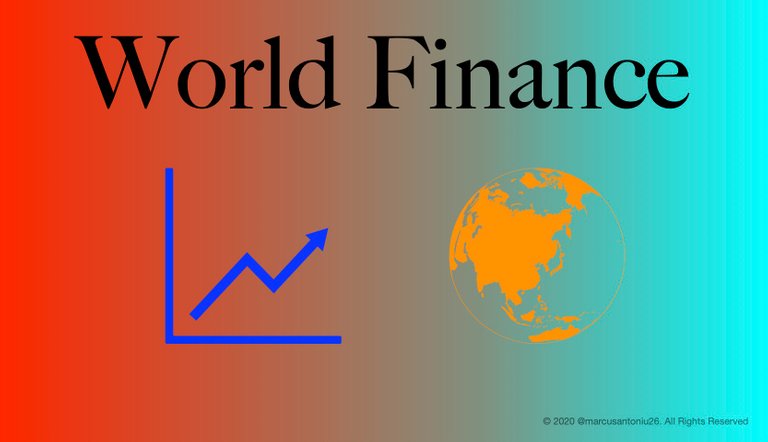Concept and Opinion: February 12, 2023. Pros and Cons of DeFi

DeFi, or Decentralized Finance, is a new financial ecosystem built on blockchain technology, allowing for financial transactions and services to be conducted without intermediaries or central authorities. DeFi provides a wide range of financial products, from lending and borrowing to insurance and investment, all made possible through the use of smart contracts and decentralized protocols.
One of the main benefits of DeFi is its accessibility, as it eliminates the need for traditional financial intermediaries such as banks, credit card companies, or investment firms. As a result, DeFi services are available to anyone with an internet connection, regardless of their credit history or financial background. Additionally, DeFi services are available 24/7, providing customers with more flexibility and convenience compared to traditional finance.
Another advantage of DeFi is that it operates on open-source protocols, meaning that it is transparent, secure and resistant to censorship. This allows users to take control of their own finances without relying on a third party to store their assets or process transactions. The decentralized nature of DeFi also reduces the risk of fraud or theft, as transactions are recorded on a public ledger and can be audited at any time.
DeFi operates on a system of smart contracts, self-executing computer programs that enforce the terms of a contract without the need for intermediaries. Smart contracts are designed to be tamper-proof and transparent, providing users with increased security and transparency. By using DeFi, users can take advantage of a wide range of financial services without having to worry about their privacy or security.
One of the key benefits of DeFi is its ability to provide financial services to individuals and organizations who have been traditionally excluded from the traditional financial system. This includes people who are unbanked, underbanked, or have limited access to financial services due to geographical or regulatory restrictions. With DeFi, these individuals can access financial services through their mobile devices, even in regions where traditional banking services are unavailable.
However, there are some challenges and risks associated with DeFi. One of the biggest risks is that DeFi protocols and applications are still in their early stages of development, and there is a lack of regulatory oversight. This makes it important for users to thoroughly understand the technology, as well as the specific protocols and applications they are using, before investing in DeFi products.
Another risk is that DeFi protocols are designed to operate on a decentralized network, which means that they are vulnerable to hacking or other types of security breaches. Additionally, DeFi protocols are highly susceptible to market volatility and can experience significant price swings in short periods of time. This can be a risk for users who are not familiar with the DeFi ecosystem, and can result in large losses for those who are unprepared for sudden market changes.
In conclusion, DeFi is a rapidly growing ecosystem that provides individuals and organizations with access to a wide range of financial services without relying on traditional intermediaries. While there are some risks associated with DeFi, the benefits of decentralized finance are numerous and can help drive greater financial inclusion and innovation. However, it is important for users to understand the technology and the specific protocols they are using, in order to minimize risk and make informed investment decisions.
For further information, read this article